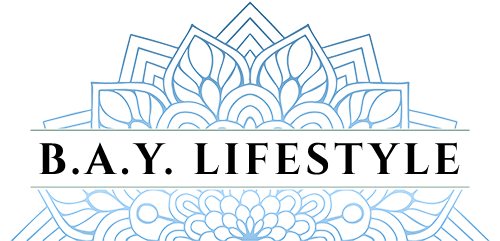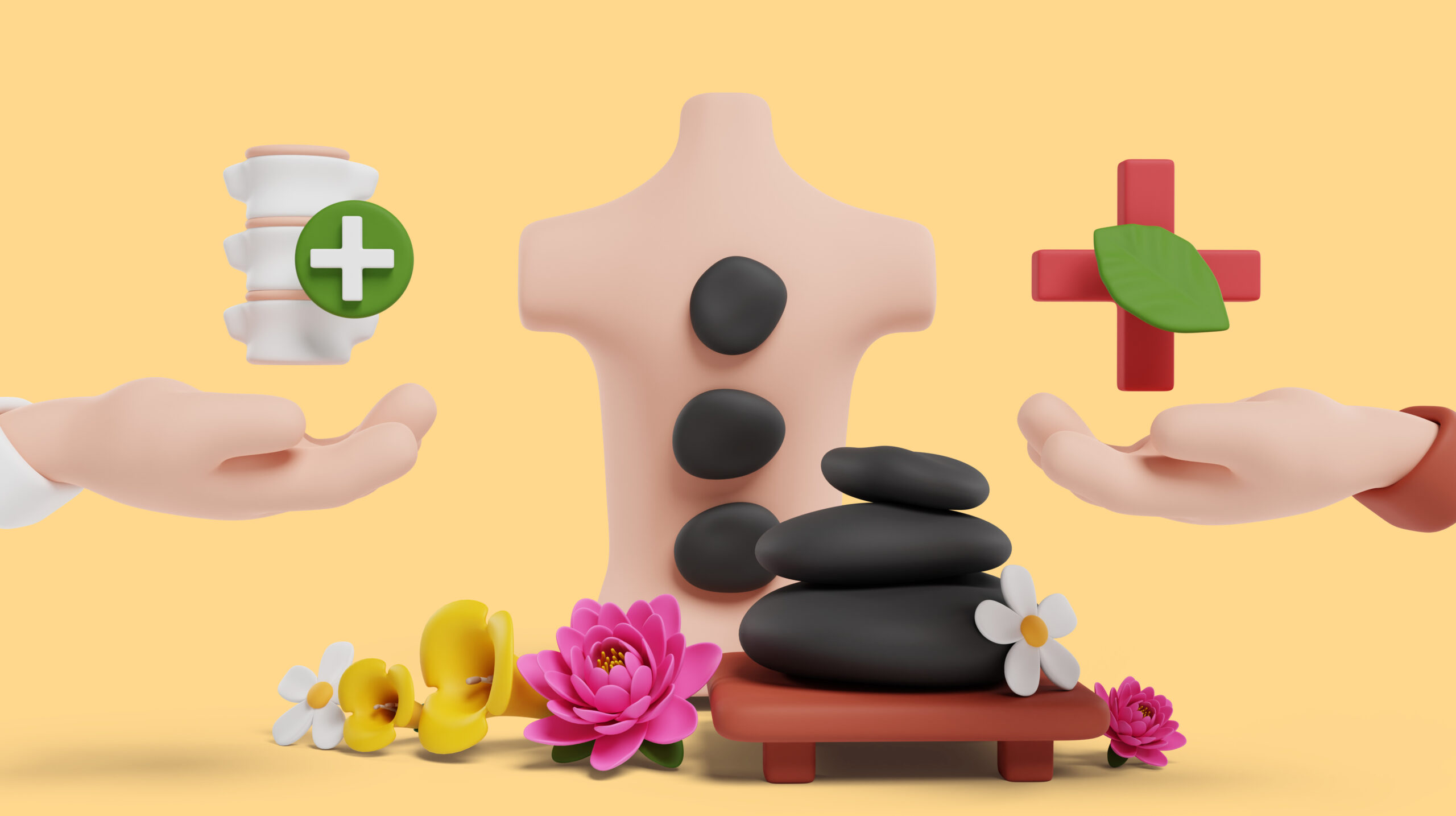In the realm of healthcare, a profound transformation is unfolding as the wisdom of ancient healing traditions and the advancements of modern medicine converge. This fusion, known as holistic healthcare, seeks to treat the individual as a whole, harmoniously blending the physical, mental, and spiritual dimensions of well-being. As the world increasingly recognizes the limitations of a purely symptom-based approach to health, the integration of ancient wisdom in modern medicine is paving the way for a more comprehensive, personalized, and preventive healthcare paradigm.
Ancient healing traditions from around the globe, whether it’s Ayurveda from India, Traditional Chinese Medicine, or indigenous herbal remedies, have thrived for centuries on principles that view the individual as an integral part of the larger cosmos, with health being a delicate balance between the body, mind, and environment. These traditions offer rich insights into wellness, emphasizing the prevention of disease through diet, lifestyle, and the cultivation of balance and harmony.
Modern medicine, with its rigorous scientific approach, advanced diagnostics, and innovative treatments, has brought about remarkable achievements in healthcare. However, the increasing prevalence of chronic diseases, mental health issues, and the desire for a more personalized healthcare experience have highlighted the need for a more holistic approach. This is where the integration of ancient wisdom can play a pivotal role.
Integrating ancient wisdom into modern medicine involves acknowledging the value of traditional healing practices and exploring ways to blend them with contemporary healthcare. This integration can manifest in various forms:
1. Incorporating Traditional Healing Practices: Practices such as acupuncture, yoga, meditation, and herbal medicine can complement conventional treatments, offering patients diverse options for managing pain, stress, and chronic conditions.
2. Emphasizing Preventive Care: Ancient healing traditions place significant emphasis on diet, lifestyle, and the prevention of disease. Modern medicine can adopt this preventive focus, encouraging patients to take proactive steps towards maintaining health and well-being, rather than solely seeking treatment after the onset of illness. This shift towards preventive care involves educating patients about nutrition, exercise, stress management, and other lifestyle factors that significantly impact health.
3. Personalized Treatment Approaches: Ancient medical systems often take a personalized approach to treatment, considering an individual’s unique constitution, environment, and lifestyle. Modern medicine can embrace this principle by tailoring treatments to the individual’s genetic makeup, lifestyle, and preferences, moving away from a one-size-fits-all approach and towards more personalized healthcare.
4. Integrating Mind-Body Wellness: Ancient wisdom recognizes the profound connection between the mind and body in determining health and well-being. Modern healthcare can integrate this understanding by treating mental health with as much importance as physical health, using approaches like mindfulness-based stress reduction, meditation, and biofeedback to address the psychological aspects of illness.
5. Promoting Holistic Education in Healthcare: For a truly integrated healthcare system, medical education should encompass knowledge of both modern and traditional healing practices. Training healthcare professionals in holistic approaches, including the use of traditional medicine, nutrition, and mind-body techniques, can enhance their ability to provide comprehensive care.
6. Encouraging Research and Collaboration: Bridging ancient wisdom with modern medicine requires ongoing research to scientifically validate the efficacy of traditional practices and understand how they can complement modern treatments. Collaboration between practitioners of traditional medicine and modern healthcare professionals is crucial for sharing knowledge, designing integrative treatment plans, and ensuring the safety and efficacy of combined therapeutic approaches.
The integration of ancient wisdom in modern medicine represents a profound shift towards a more holistic, patient-centered approach to healthcare. By combining the strengths of both worlds, we can create a healthcare system that not only treats illness but also actively promotes wellness, balance, and harmony. This fusion not only enhances the therapeutic arsenal available to healthcare practitioners but also respects the diverse cultural heritage of healing practices, acknowledging the interconnectedness of all aspects of human health and well-being. As we move forward, the harmonious integration of ancient wisdom and modern medicine holds the promise of a more holistic, compassionate, and effective healthcare system for all.

